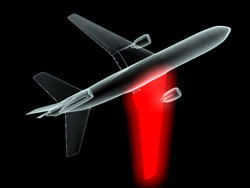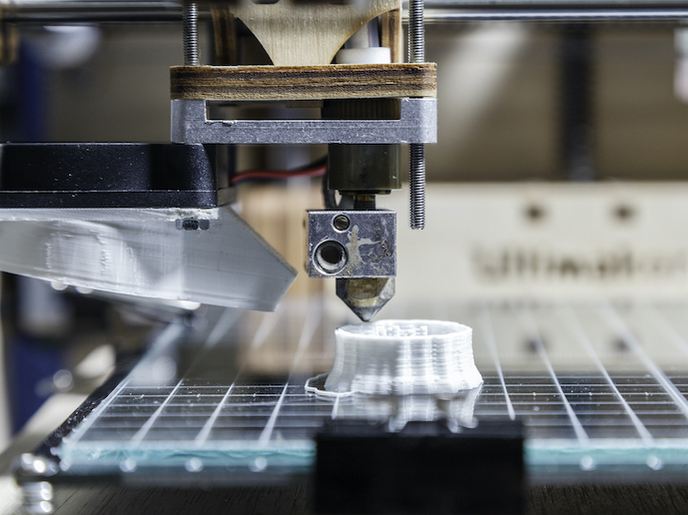Expecting the unexpected in structural design
European researchers initiated the ‘Non-deterministic simulation for CFD-based design methodologies’ (Nodesim-CFD) project to incorporate operational and other uncertainties into the aircraft simulation process. The investigators used computational fluid dynamics (CFD)-based virtual prototyping to achieve their goals. First, they characterised the uncertainties involved in a variety of aeronautical applications, including engine and wing aerodynamics, heat transfer and fluid-structure interactions. Non-deterministic or stochastic processes are those that are random or involving chance. Their behaviours can be predicted using probability distribution functions (PDFs). In order to determine inputs to specific PDFs based on expert opinion or experimental data, the researchers developed two software tools. The core of the project was development of non-deterministic methodologies for uncertainty propagation. Research partners identified and implemented strategies related to three different categories of techniques. The investigators then sought to apply the methodologies to test cases involving the previously classified uncertainties. They created a comprehensive database of experimental and industrial test cases for the defined applications with varying levels of complexity. The researchers selected the NASA Rotor 37, the AGARD 445.6 wing and a planar combustor test rig for application of the methodologies to the design and decision process. Researchers focused on optimisation algorithms insensitive to intrinsically uncertain quantities in order to control and reduce risk. Finally, the developers trained the end users on use of the software modules. The end users then provided significant feedback regarding appropriateness of methods to a range of applications and suggestions for improvement. The successful partnership between academia and industry supported by EU funding of the Nodesim-CFD project resulted in improved simulation of uncertainty in aircraft design, production and operation. The innovations should lead to decreased costs and enhanced safety in the aircraft industry, with immediate benefits for industry and consumers alike.







